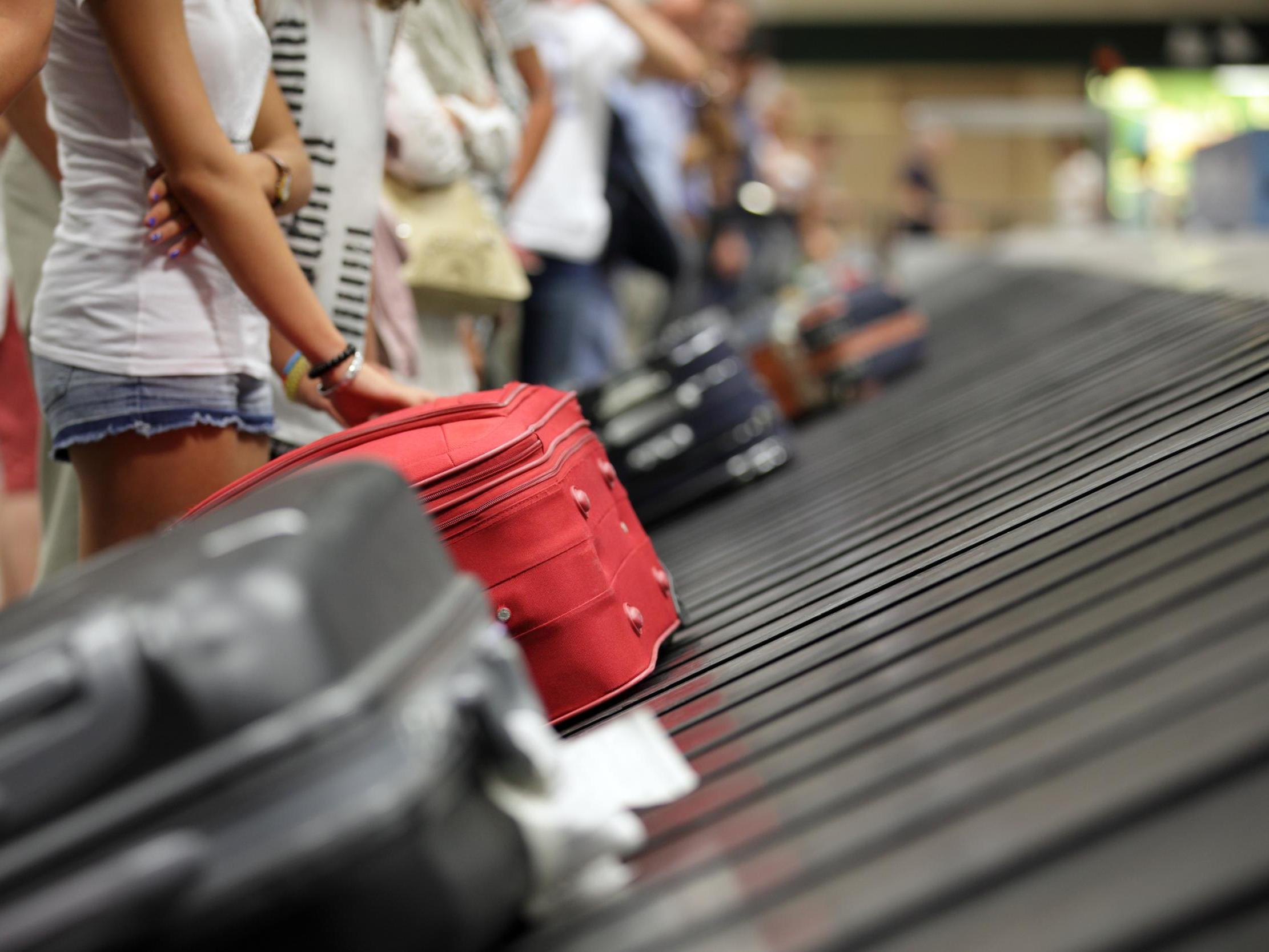The Independent's journalism is supported by our readers. When you purchase through links on our site, we may earn commission.
Brexit could add 8 per cent charge onto Britons' holidays
Holiday companies are legally allowed to cover costs of plunging pound

Your support helps us to tell the story
From reproductive rights to climate change to Big Tech, The Independent is on the ground when the story is developing. Whether it's investigating the financials of Elon Musk's pro-Trump PAC or producing our latest documentary, 'The A Word', which shines a light on the American women fighting for reproductive rights, we know how important it is to parse out the facts from the messaging.
At such a critical moment in US history, we need reporters on the ground. Your donation allows us to keep sending journalists to speak to both sides of the story.
The Independent is trusted by Americans across the entire political spectrum. And unlike many other quality news outlets, we choose not to lock Americans out of our reporting and analysis with paywalls. We believe quality journalism should be available to everyone, paid for by those who can afford it.
Your support makes all the difference.British holidaymakers could be forced to pay a surcharge of up to 8 per cent on trips they’ve already booked and paid for, it has been revealed.
Package holiday companies can legally tack on costs to cover themselves for currency fluctuations and rising taxes or fuel costs, reports Which? – and with Brexit fast approaching and the likelihood of the UK crashing out without a deal rising by the day, the value of the pound is plunging.
Six months before the Brexit referendum in June 2016, £1 was worth around €1.42, but the exchange rate has now fallen to £1-€1.10 as of today. Earlier this month the pound fell to €1.065, hitting a new 10-year low.
This summer, holidaymakers buying euros at some airports found they were being offered just 85 cents to the pound.
Some travel companies, such as Fred Olsen, Saga and Thomas Cook, have made “Brexit price promises” guaranteeing they will not add any surcharges to package holidays due to the UK’s departure from the EU.
However, many others offer no such concessions.
The rules are not new – travel companies have long been allowed to pass along costs even after customers have paid for a holiday in full. Up until July 2018 they could add a surcharge of up to 10 per cent.
Operators are free to add the charge any time between booking and 20 days before the holiday departure date, so long as the surcharge is clearly explained and justified.
If a charge above 8 per cent is levied, the customer is entitled to cancel the holiday and receive a full refund without being stung by cancellation fees.
An Abta spokesperson said: “A relatively weaker pound has been a fact of life for travel businesses for some time now and, in what is a very competitive market, they will do everything they can to avoid passing on additional costs to customers, including through surcharging, which is strictly regulated.
“Surcharges in respect of package holidays are controlled by law (the Package Travel Regulations) and are not allowed unless details are included in terms and conditions. The rules provide that customers must not face any increases within 20 days of departure and will have the right to cancel their booking and receive a refund if the surcharge is more than 8 per cent of the cost of the holiday.
“Abta’s Code of Conduct increases customers’ rights by requiring Abta Members to absorb the surcharge to an amount equivalent to 2 per cent of the holiday cost before they can pass on any further increase.”
Louis Bridger, head of UK at foreign currency provider ICE, tells The Independent: “It’s hard to predict what will happen next with the pound to euro exchange rate but against the backdrop of parliament suspension yesterday and the Brexit deadline fast approaching, it’s highly likely that the pound will face continued volatility as political events unfold.
“Until the situation becomes clearer, it’s likely that the pound will face further ups and downs as people try to anticipate what will happen next.”
Bridger advises holidaymakers to plan ahead how they will pay for holiday extras, such as meals and car hire, rather than charging it all to a debit or credit card, which may incur hefty foreign transaction fees.
Join our commenting forum
Join thought-provoking conversations, follow other Independent readers and see their replies
Comments